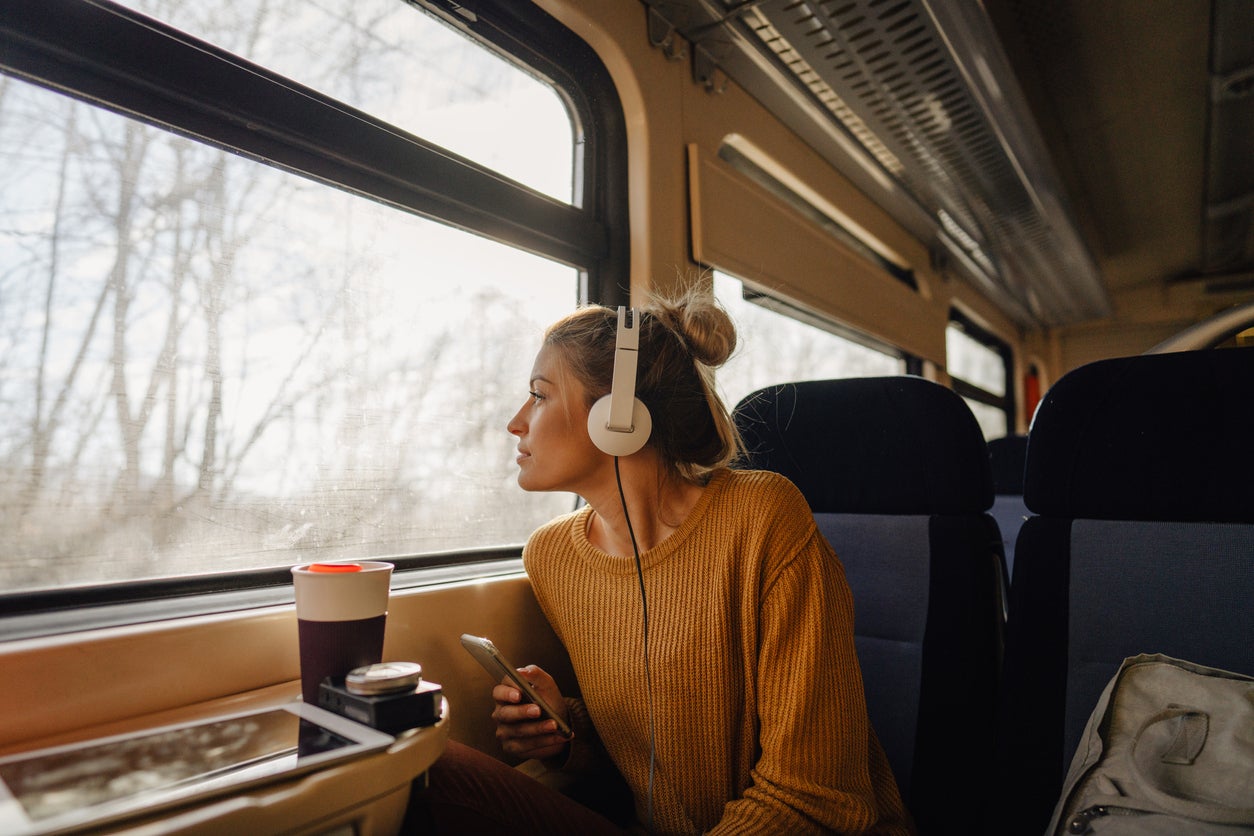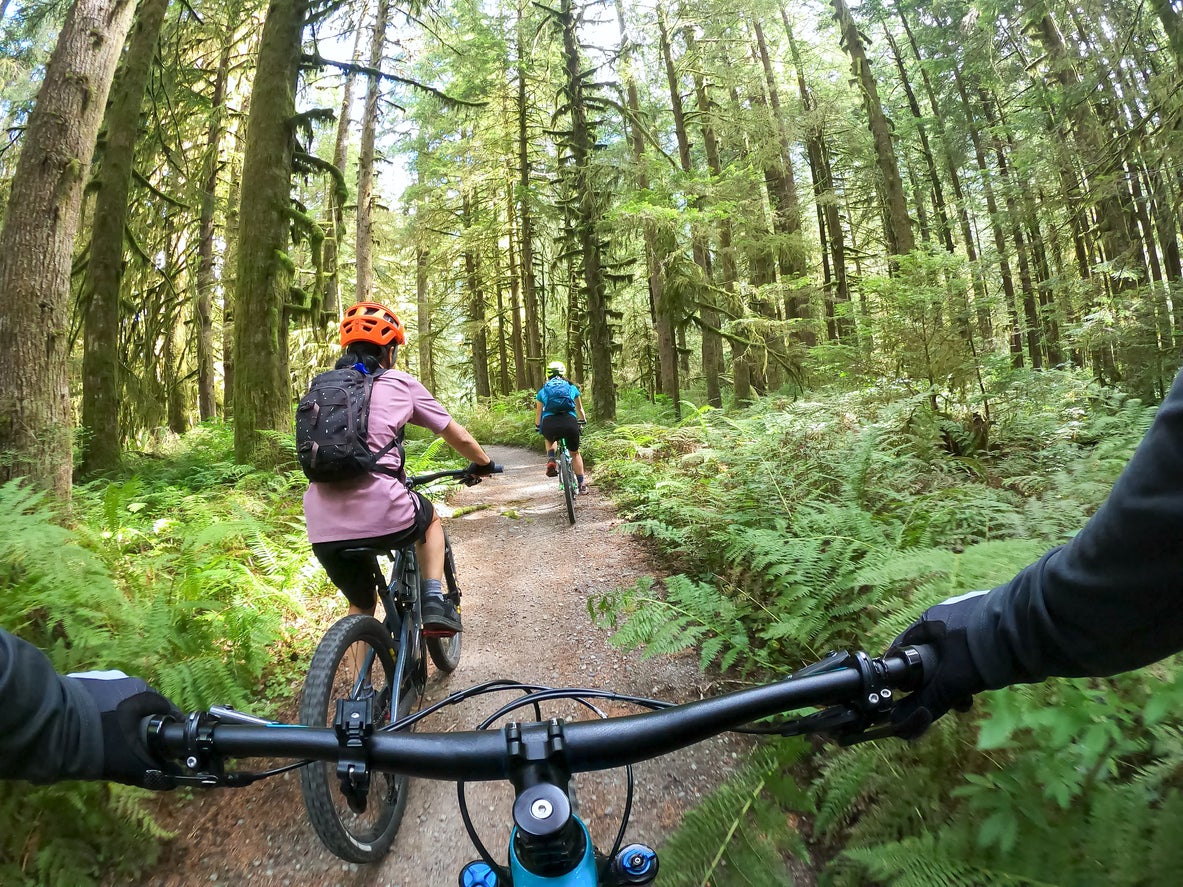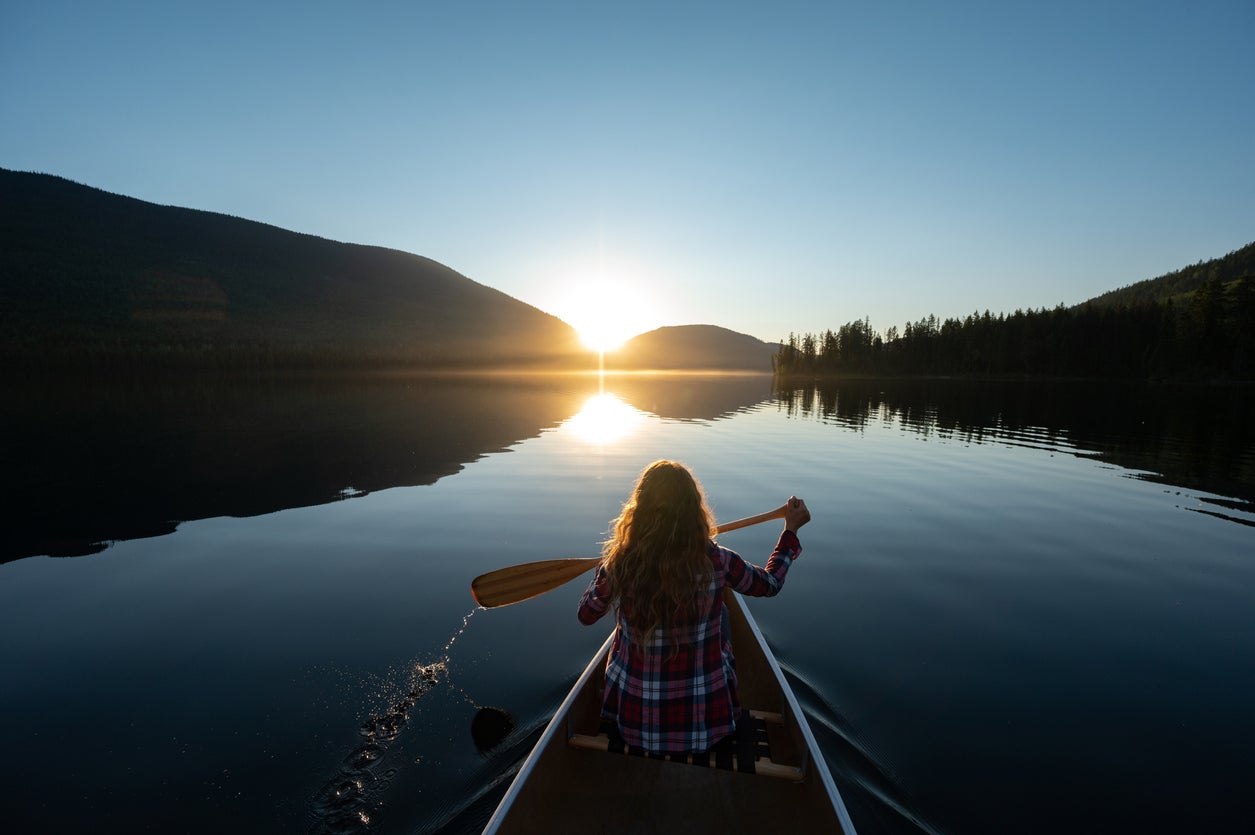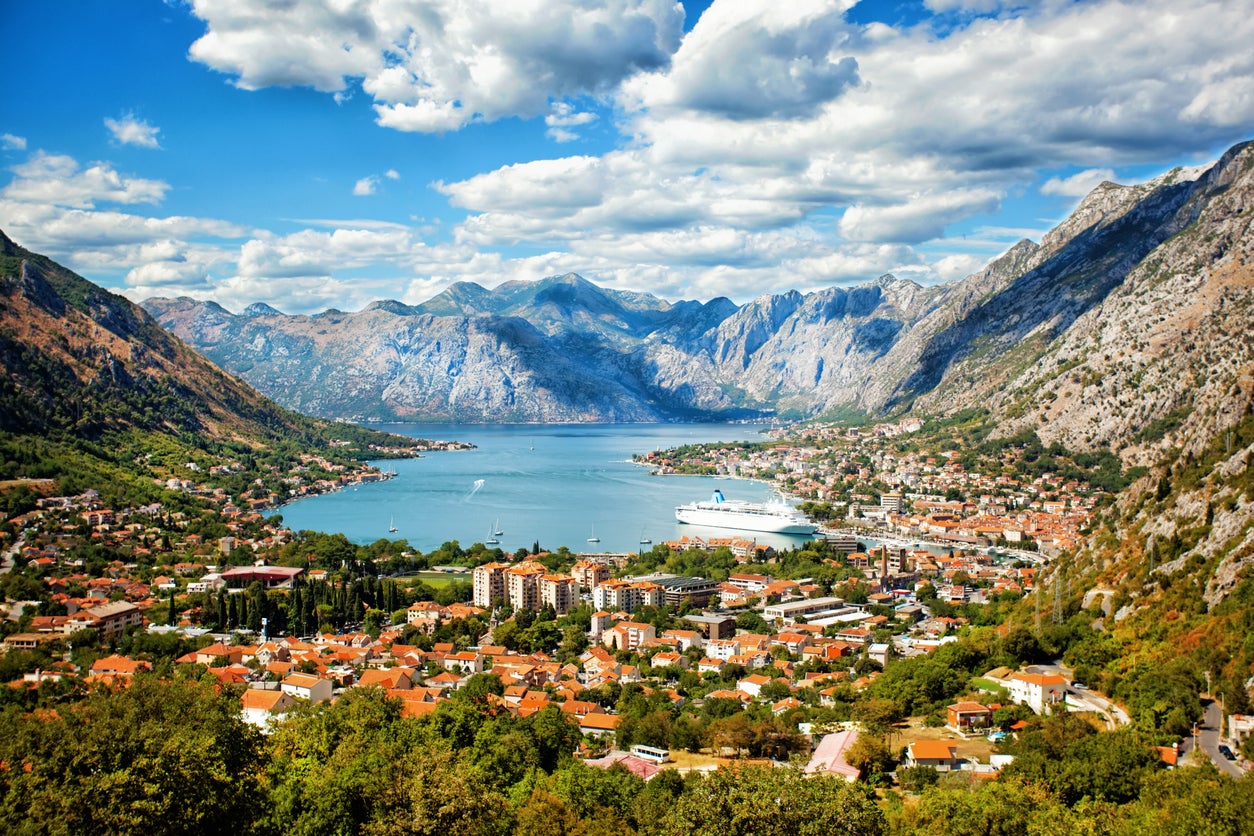Changing travel habits: How to be a better tourist
How can you progress from holidaymaker to changemaker? Responsible Travel CEO Justin Francis shares 10 status-quo defying habits that could make you a better tourist

Your support helps us to tell the story
This election is still a dead heat, according to most polls. In a fight with such wafer-thin margins, we need reporters on the ground talking to the people Trump and Harris are courting. Your support allows us to keep sending journalists to the story.
The Independent is trusted by 27 million Americans from across the entire political spectrum every month. Unlike many other quality news outlets, we choose not to lock you out of our reporting and analysis with paywalls. But quality journalism must still be paid for.
Help us keep bring these critical stories to light. Your support makes all the difference.
Done right, travel is an immense force for good. There are many brilliant individuals and small companies leading positive change, using tourism to benefit local communities and help restore nature.
But travellers themselves are also changemakers. Simply choosing responsible experiences drives up demand for them, and the industry responds accordingly.
This World Tourism Day, here are 10 ways our holidays habits are changing travel for the better in 2022.
The 2-in-1 holiday
Simply choosing responsible experiences drives up demand for them, and the industry responds accordingly
We can’t ‘offset’ our way out of the climate crisis. But flying less needn’t mean missing out. In fact, post-pandemic, we want to escape for longer – just minus the hefty footprint.
Your solution? The 2-in-1 adventure: fewer flights, but not fewer holidays. Two back-to-back trips within rail distance, often with a volunteering element.
Think culture in Italy, followed by a hands-on conservation break close by: the fly less, stay longer and make-it-count kind of holiday.
The fast rise of slow travel
There’s been a meteoric spike in demand for ‘slow travel’ this year; but these mindful adventures look different to each of us.

They can be literal – an epic global voyage by rail and sea that sees you cooking your way across Japan or learning to drive a Tuk-Tuk in Thailand.
Whatever shape it takes for you, it’s about forging deeper connections with local communities, nature and culture. Better for the places we visit, and great for us too. Little wonder it’s a post-pandemic favourite.
Pitching in with the locals
Not a volunteering holiday, but volunteering on holiday. Litter-picking and luxury travel may not be traditional bedfellows but that’s quickly changing.
Think afternoon beach-cleans, from Cornwall to the Caribbean. Feel-good holiday bolt-ons are a great way to meet fellow travellers, connect with the locals and have fun while giving back.
Micro-cruises
Mega-liners swamp fragile destinations and contribute little to the communities they dock in, so it’s heartening to see an upswing in a great alternative: micro-cruises.
And there’s a smorgasbord to choose from, including expert-led wildlife expeditions and pocket-sized island-hopping. What they share is a lighter footprint, and a positive local impact. What’s more, micro-cruises can reach into the hidden nooks of a destination – where their oversized counterparts can’t follow.
Doorstep safaris
Lockdowns drew us back into nature, and it seems to have translated into a growing demand for wildlife safaris close to home, with Scotland and Sweden proving particularly popular.
We may not have the Big Five – but you will find bears, wolves, moose and lynx roaming our European backyard. In the UK, you can spot whales, bison and deer, basking sharks and golden eagles.

Nature tourism helps make the case for restoring habitats and protecting wildlife. And, if that weren’t enough, healthy habitats – from forests to wetlands – are earth’s natural carbon sink, vital to tackling the climate crisis.
Blockbuster adventures on a budget
Bucket-list travel is well and truly back. But rising living costs and climate anxiety has led to greater demand for more pocket, and planet-friendly, options.
Great adventures needn’t cost the earth. Many of us are swapping chain hotels for the comforts of a homestay, which are often much cheaper, with the benefit of traditional home-cooked fare and priceless local insights. They’re a great way to get more deeply acquainted with a destination – and it directly benefits the locals, too.
Human-powered exploration
When we weren’t baking banana bread during lockdowns, many of us were stepping-up our fitness routines – and it’s filtered into our holidays.

Alongside increased interest in nature-based fitness retreats, like triathlon training and fell running, demand for human-powered tours – walking and cycling holidays for example – has also spiked this year.
But the biggest rise by far has been in river and lake kayaking – a fun, healthy, low-carbon, way to escape the crowds and explore a destination from a different perspective.
Winter holiday alternatives
There’s more to winter holidays than downhill ski resorts. And the measures many now take due to climate heating, including the use of destructive snow cannons, have them on a slippery slope.
This year, alternative winter activities are gaining traction – from snowshoeing through Romanian villages to wildlife safaris in the Scottish Highlands and staying with the Sami in Swedish Lapland. Local-led, nature friendly, and not a snow cannon in sight.
Beyond sustainability
Gone are the days of leaving ‘just footprints’.
Amid rising climate anxiety, we’re becoming more responsible consumers, whether in our food or fashion buys. Increasingly, that’s filtering into our holiday choices too.
Today’s responsible travellers are tired of ‘offsetting’ greenwash and ‘leaving no trace’ – and are instead actively searching for holidays with maximum positive impact. Nature-positive travel – holidays from city breaks to safaris that help restore biodiversity – is especially taking root.

Lesser-explored paths and seasonal switch-ups
Getting off the beaten track shows growing appeal.
Interest in Montenegro, for example, has leapt this year by over 160 per cent among our travellers – more than any other destination. We’ve also seen a notable change in when people are travelling, with many swapping summer holidays for autumn and winter escapes.
Spreading tourism responsibly across regions and seasons could help ease the burden of over-tourism in popular hotspots. Plus you get to experience a different side of a destination.
Finnish Lapland in summer, anyone?



Join our commenting forum
Join thought-provoking conversations, follow other Independent readers and see their replies
Comments